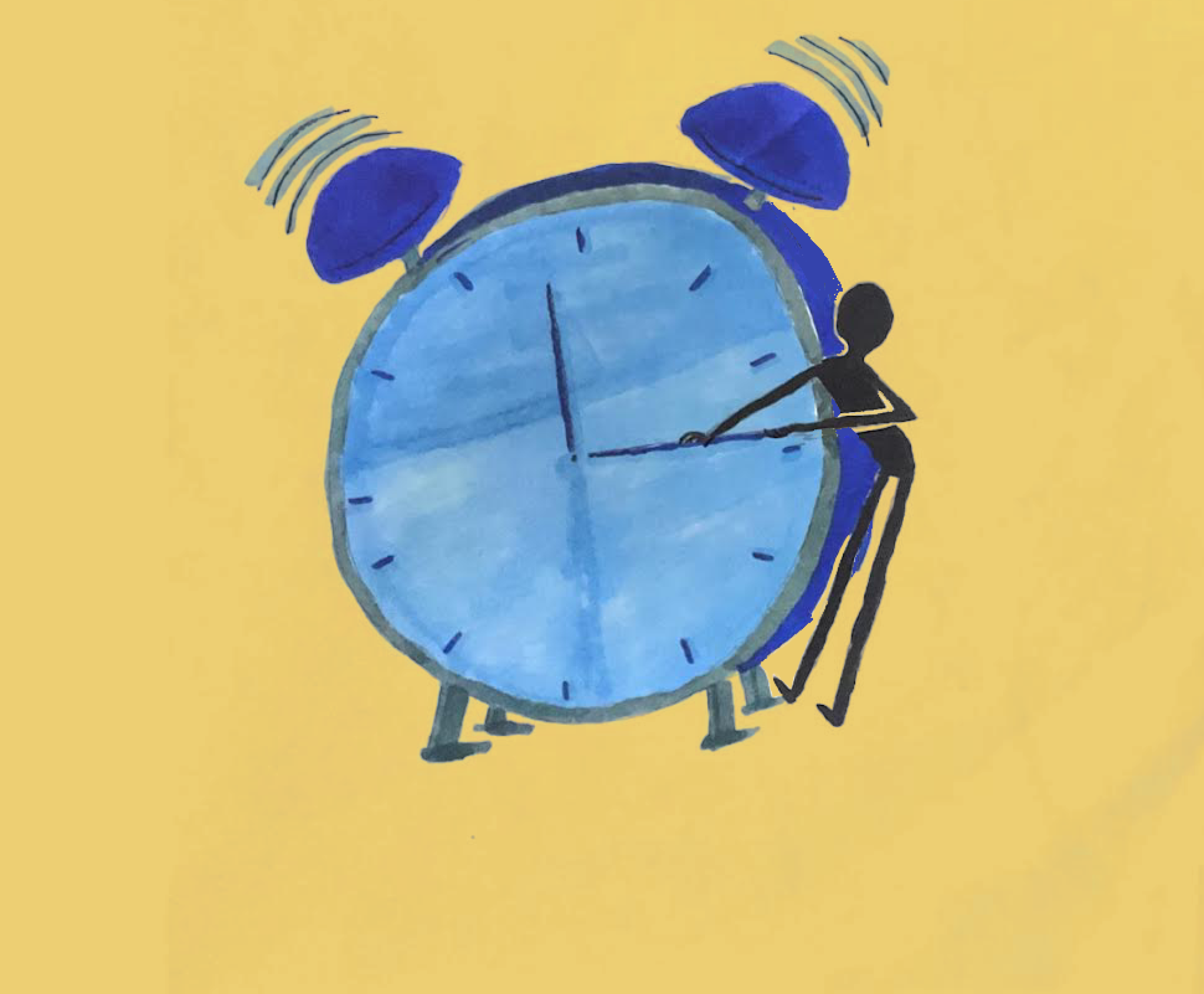Twice a year, millions of Americans change their clocks in accordance with "spring forwards" and "fall backwards." This unnecessary time switch leads to a variety of damaging consequences for youth. Daylight Savings Time (DST) happens when clocks are moved an hour forward every spring, adding an hour of sunlight at the end of the day. Enacting year-round standard time, rather than switching to DST, would mitigate these harmful effects and create consistency for students. BHS students are particularly vulnerable during DST as the time change disproportionately harms teenagers' sleep schedules.
Experts agree that adopting permanent standard time is a far better option than switching our clocks. Our bodies have evolved over millions of years to function in accordance with the sun. Waking up to sunlight triggers the release of many vital chemicals that impact our mental and physical health. Standard time operates in alignment with the sun, making it the healthiest option.
Switching from standard time to DST is especially harmful for teenagers and students. Many students already struggle to align their sleep patterns with the sun, and DST exacerbates this difficulty. While DST extends daylight in the evening, it makes mornings extremely dark. With lighter evenings, students will find themselves going to bed later and having trouble getting up in the morning when it is pitch black. Darker mornings can feel draining and unproductive for students.
The shift ultimately contributes to high levels of sleep deprivation for students. Sleep deprivation made worse by DST will significantly affect academic results as well as mood and anxiety issues. A 2015 study published in the Journal of Clinical Sleep Medicine found that in the days following the time change, students were significantly sleepier, had slower reaction times, and were less attentive.
Many proponents of DST argue that the added daylight has a positive impact on various aspects of mental health such as mood and anxiety. This, however, has been proved false. For instance, data from a study published in PLOS Computational Biology demonstrates that the time shift exacerbates mood and anxiety conditions. The study found that the shift acted as a short-term stressor on human activity. On top of that, the shift to DST caused a rise in substance abuse.
Standard time is nothing novel; it's the most natural option. The promise of more sunshine should not fool you, and the consequences of DST cannot be ignored. With all the stressors already present in students academic as well as their personal lives, we should be able to rely on a healthy time system, which would result in an overall increase in the quality of BHS students' lives.





